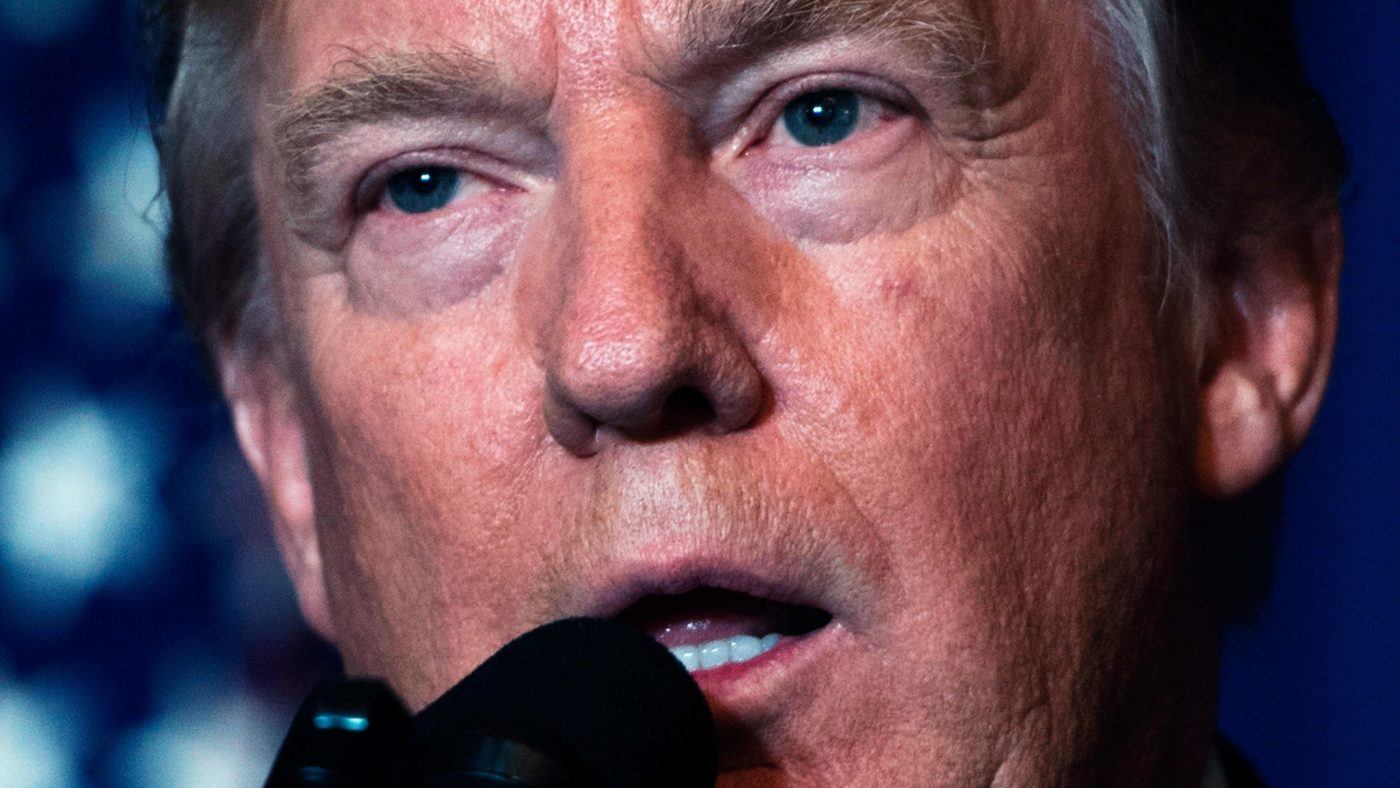A week ago, Donald Trump’s administration seemed happy for Bashar al-Assad to remain in power. Or, as Secretary of State Rex Tillerson put it coyly, Assad’s status in the “longer-term” will “be decided by the Syrian people”. On Thursday, Tillerson took a different view. The time had come for “a political process that would lead to Assad leaving”. So which is it?
It’s impossible to know. Since Trump has not yet earned the right to be given the benefit of the doubt, and given his unpredictable, irascible Twitter persona, his intentions are easily matters of some suspicion.
In one sense, Trump’s volte-face on military action is a necessary reminder – to Assad and the rest of the international community – that certain “red lines” really must be red. The use of chemical weapons cannot be tolerated and allowing the Syrian regime to use them sets an appalling, even unconscionable, precedent.
But will Trump’s Tomahawks change anything? Or will the US attack instead be understood as a high-ballistic “message” but no more than that? After all, Assad has been rebuked, but not really punished in a significant way. So what was the point?
We have been here before of course. In 2013, Assad’s regime crossed Barack Obama’s own “red line” and paid only a relatively small price for doing so. Obama was made to look weak and perhaps rightly so even if, sometimes, not getting involved can demand more courage than rushing to action.
But back in 2013 the situation on the ground in Syria was vastly different from how it is today, and the risk of regime change – and a resulting power vacuum – seemed much greater. It was that uncertainty which persuaded the Americans and their allies that the risks of removing Assad were greater than the known horrors of leaving him in power. And Obama’s policy became one of icy realpolitik.
Since the United States could not intervene in a decisive fashion, it was better – the term is relative – to maintain a balance of killing power in Syria in which no side could realistically hope to prevail but in which all would slowly but surely grind each other down.
This was hardly a noble attitude, or a policy likely to inspire great admiration but it had the merit, if it can be put in such terms, of recognising the limitations of American power.
In the intervening four years, Russian support for Assad has allowed the regime to recapture rebel territory in Aleppo as part of a wider offensive that is steadily but remorselessly squeezing rebel positions. Assad’s position is manifestly stronger than it was in 2017.
No wonder Nikki Haley, US ambassador to the UN, said only last week that “our priority is no longer to sit and focus on getting Assad out”. That was then, of course, but the strategic calculation governing that view remains in place. Not even the deaths of children, killed by chemical weapons, can change that.
Even so, the limitations of whatever passes for American strategy are obvious. There is still no clear plan for ending the conflict in a way that does not reward the unrewardable. One side must win and, viewed from a Western perspective, none of the potential victors is an attractive proposition.
Measures that check Assad necessarily boost both the so-called “moderate” rebels and, more troublingly still, the forces of Islamic State. Equally, however, Washington can no longer be seen to accept, far less welcome, an Assad victory.
International politics depends on clear rules of engagement but that rules-based order is upset by an American president whose motivations remain as quixotic as his decision-making process is unfathomable. That imposes costs of its own, not least since it risks making the United States a thoroughly unreliable partner.
Trump might have the capacity to throw his enemies off-balance but the same strictures apply to Washington’s friends. That’s why predictability and reliability are important assets – along with rules which help create clearer, fathomable, policy, which in turn increase the chances of everyone knowing what everyone else is doing and thus limit the chance of accidents.
But that is not how Trump’s chaotic White House works, which elevates risk and uncertainty in a theatre already fraught with both. Having changed his mind on Syria so abruptly, what will stop Trump from changing it again? Alternatively, having intervened once, how does he avoid being pulled into a longer, deeper, even riskier, intervention?
“I’m not saying I’m doing anything one way or the other,” Trump said. Which is part of the problem, too.


